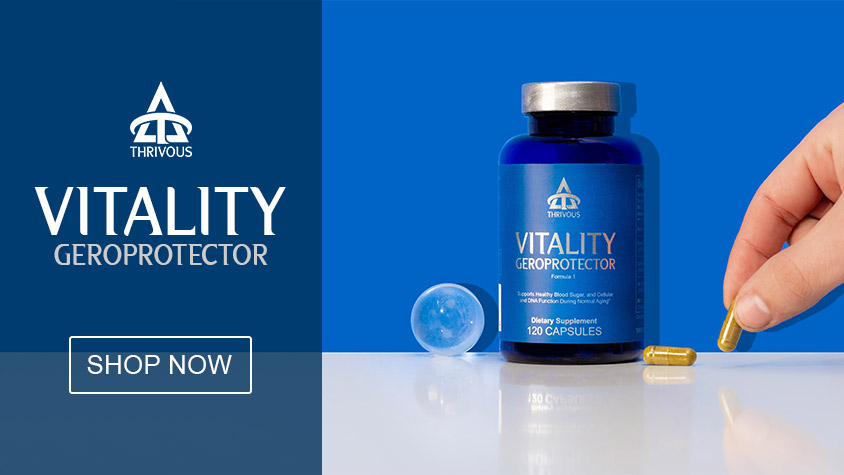Protect and Power Up Your Brain with Blueberry and Caffeine

With COVID19 devastating many people right now, I find comfort in the way people are more conscious about their physical environment, as well as their proximity to other people, and the impact their actions can have on those more vulnerable.
Almost 2 months ago, I started working in a research hospital as a clinical dietitian. The planning and preparation for a COVID19 surge have been unreal. The creativity used to meet the physical safety and emotional needs of patients and staff has been inspiring. The quick turnaround of publishing statistics, identifying risk factors, and sharing treatment successes is unprecedented. Science from all over the world is being shared freely with a common goal. And it makes me hopeful for the future.
While I look forward to life “returning to normal,” I understand it will be a new normal. It will be a post-COVID19 normal with hopefully more gratitude, more intention, and a greater commitment to use science and technology creatively.
Blueberry Protects Brain Cells from Aging
These researchers saw the research demonstrating cognitive enhancement from blueberry supplements and wanted to learn more about how the supplements work.
Participants were 60-75 years old. They consumed 24 g of a powder placebo, 24 g of blueberry powder (equivalent to 1 cup blueberries), or 24 g strawberry powder (equivalent to 2 cups strawberries) twice a day for ninety days.
Participant blood was drawn after 45 and 90 days, before and after breakfast, to then use in the next step. Microglial cells, brain cells that essentially clean up and protect neurons, from rats were bathed in blood serum from the participants then examined for inflammation.
Serum from both blueberry and strawberry supplemented participants reduced nitric oxide production, iNOS and COX-2 expression, and TNF-alpha release of rat microglial cells compared to the serum from placebo controls. The protection was greatest with serum after 90 days of supplementation. In regards to nitric oxide production and TNF-alpha, the blueberry supplement provided more protection than the strawberry supplement.
It is worth noting that the researchers didn’t just put the microglial cells in a dish of blueberry puree. They had it ingested and metabolized by the human body. The blood serum is a better simulation of what human brain cells are exposed to after a person takes a blueberry supplement for 90 days. Looking at individual cell activity in a dish helps scientists to better understand how a supplement works to better understand the processes of inflammation and memory degradation so new enhancement therapies can be developed.
Caffeine Enhances Repeat Jump Performance
New Study: Effect of caffeine on neuromuscular function following eccentric-based exercise
Eccentric-based exercises are used by athletes like sprinters who want to increase muscle contraction speed. But eccentric-based exercises also cause muscle damage and delayed muscle pain that may inhibit training performance over the next few days. This study looked at the effects of using caffeine after the eccentric-based exercise to aid muscle recovery and allow athletes to train at full capacity sooner.
This study involved eleven men who were trained sprinters and jumpers and regularly consumed less than 80 mg caffeine per day. The participants completed 3 weeks of training that was focused on resistance, not eccentric exercises. The pretest sprints were timed and neuromuscular function was tested.
The following day, the eccentric exercises were performed, including a half squat exercise. Over the next 3 days participants received a placebo or 5 mg caffeine per kg bodyweight. And neuromuscular function was tested before completing a 75 minute sprint training exercise.
After a one-week break of low intensity training, the athletes completed the whole process again. The second time, they used the other set of pills, so they had placebo and supplement data on each athlete.
The exercise caused a peripheral fatigue that recovered within 24 hours. The measures of muscle damage and inflammation lasted beyond the 72 hours tracked. Caffeine did not affect muscle damage, delayed pain, perceived recovery, neuromuscular function scores, or sprint time. Caffeine did improve jump performance 48 and 72 hours after the eccentric-focused training.
Even with the inflammation and muscle damage present, caffeine was able to improve jump performance in the athletes.
Caffeine Outperforms Expectations
New Study: The Influence of Caffeine Expectancies on Simulated Soccer Performance in Recreational Individuals
These researchers acknowledged the psychological and muscle benefits of caffeine intake. They wondered if the supplement could be of benefit to soccer players who exert great physical and mental energy. They also wondered about the placebo effect of an athlete thinking they have taken a performance enhancer.
This study involved eight male recreational soccer players who did not use ergogenic aids. They received a placebo or 3 mg caffeine per kg bodyweight sixty minutes before performing a series of exercises. Participants watched a video about the potential benefits of caffeine and underwent ninety minutes of testing to simulate a late evening soccer match. Testing included the Loughborough soccer passing test, Loughborough Intermittent Shuttle Test, a mood scale, perceived exertion, blood test, a caffeine expectancy questionnaire, a narrative description of the experience.
When a participant thought he had taken caffeine, it improved his endurance capacity. But actually taking caffeine had the greatest effect. The dynamic reaction time (a measure of agility, reaction time, and whole body movement) was improved with caffeine regardless of belief of ingestion. Rate of perceived exertion also benefited from caffeine ingestion, and it influenced endurance capacity.
The researchers seemed to question the cognitive benefits of caffeine during the soccer trial independent of expectancy. But it could also be noted that 3 mg caffeine per kg bodyweight is at the low end of the treatment range. A greater amount of caffeine may be needed before an enhancement of cognitive function is seen, while the muscles are taking so much blood flow.
Thrivous
Thrivous develops Vitality Geroprotector to support healthy metabolic and cellular function for better aging. It provides clinical doses of Blueberry Anthocyanin, which may protect brain cells from aging, as indicated in the study above. It also provides clinical doses of Berberine with Milk Thistle, and CoQ10, to complement that benefits of Blueberry.
Thrivous develops Surge Acute Nootropic to enhance energy without sacrificing focus. It provides clinical doses of Caffeine, which may improve physical and cognitive performance, as shown in the studies referenced above. It also provides clinical doses of L Theanine and Panax Ginseng, to mitigate the side effects and expand the benefits of Caffeine.
Vitality and Surge are representative of the exceptional science and quality of each Thrivous supplement. Each nutrient and each dose is backed by multiple human studies. And each nutrient, individually and in combination, goes through multiple stages of rigorous quality control, evidenced in open-source documentation.
More Articles
Don't fall behind! Thrivous monitors new human studies of nootropic and geroprotector supplements, so you can make the best decisions based on the latest science. Supplement Science Updates are part of the free Thrivous newsletter. Subscribe now to receive email about human enhancement, nootropics, and geroprotectors, as well as company news and deals.
Read more articles at Thrivous, the human enhancement company. You can browse recent articles in Thrivous Views. See other Supplement Science Update articles. Or check out an article below.
-
Experimental Drug May Prevent Cancer Relapse
Besides some encouraging COVID-19 related news, such as a confirmation of the effective action of the drug remdesivir against COVID-19, ...
-
Social Distancing and COVID-19 Clinical Trials
According to Wall Street Journal, the poorer countries of Central and Eastern Europe are handling COVID-19 better than richer Western ...



